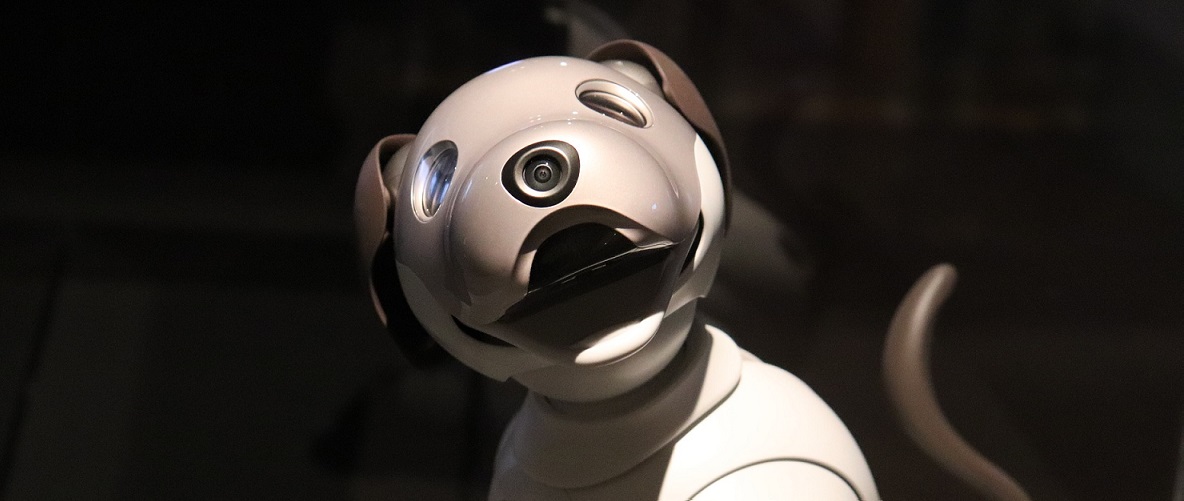OPINION: Machine vs Sustainability
Technical innovation makes a lot of things in life convenient but encourages globalisation that exhausts our natural resources. Su Aziz muses. This article first appeared in In Focus issue 4 magazine.
In an all glass apartment fitted with ultra-modern contraptions softened by dove grey walls and the tinge of warm hue from a burgeoning sunrise spilling in through the floor to ceiling windows, sits a little girl engrossed in conversation with what seems to be a pup. Well, what it is or labelled as, is arbitrary. Its sleek, angular silver body sits, squats, lays down and stands as any four-legged family pet would. The little girl giggles in delight as the plastic and steel pup does so according to her command. It seems to give her as much joy as a living pet would.
At the end of the day, isn’t receiving joy the whole point, at least, for the little girl? As for the parents, well, a robotic pet pup spells low maintenance. This model they own even knows how to skip to its charging station when it hits ‘low bat’. It’s truly convenient and one of the main things that sold them on it – that and virtually no vet bills.
Yes, we hear it: but what about the giving and reciprocating of affection, expressing emotions such as anger, hurt and joy, and being responsible of another’s well-being? Well, what about it? In this digital age we interact with and through machines about 80 per cent more than actual face to face communication. We’re comfortable and brave through the anonymity machines offer indiscriminately. We care less about being responsible of another’s reaction or feelings to our actions when cloaked by this anonymity.
Ironically, some believe that machines will be able to mimic emotions, soon. To date, through algorithm, machines such as robots are now able to tell what a person is feeling. How they do it is, their algorithm counts the words a person uses and links them to the appropriate emotion. By the same token, in time to come, machines will be able to cultivate creativity and, perhaps, feelings. Let’s not discount Hollywood prophesying this fact through films such as AI, Wall.E and I, Robot.
On a global scale, conveniently, machines have made globalisation unstoppable. Through which, migration, consumerism and the sharing of knowledge burgeoned, making the world seems much smaller and inclusive. But every good has its bad. Globalisation has helped worsen the environment in which we live today and deplete our natural resource at an alarming speed. Machines, fittingly, don’t care. Why should it if industrialists, businesses, policymakers and most of us, don’t?
Although machines are absent of creativity to innovate out of their own free will, at least for now, their creators are not. Shouldn’t now be the time to muse over how machines can further help design a sustainable future? There’s food for thought.
Download In Focus issue 4 magazine for more insights on The Future of Business is Sustainability.
Main photo by Jacques Gaimard from Pixabay.





